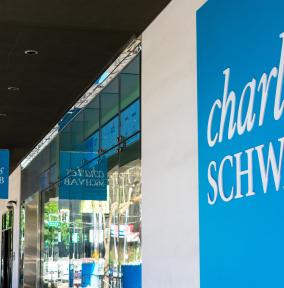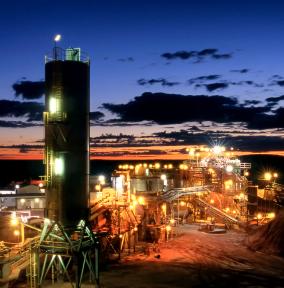The recent bad news about Kraft Heinz should not come as a surprise. Look out for the bad news to continue from the US consumer titans.
Annabelle Miller, Investment Analyst
Over the weekend Kraft reported a $10.2 billion loss, driven by flat 2018 sales and a $US15.4 billion write down on the value of the Kraft and Oscar Mayer brands. In response, its share price fell 27%.
As we mentioned in our roadshow early last year, the US consumer sector is under pressure and suffering from disruption. Kellogg's underlying earnings are flat to down over the past 10 years. That’s despite employing zero-based budgeting (a catchphrase that means to basically cut costs and work capital harder). Unilever’s trend is uninspiring. Nestlé, the same, and even the great Coca-Cola.
This is even when considering that a major feature of the industry as a whole is so-called one-off write-offs, which they put below the line to enhance their reported earnings. The problem is in the consumer sector these one-offs have been seen every year for over a decade. Recurring, non-recurring items, if you will.
Kraft Heinz also disclosed that the US SEC is investigating its accounting practices within its procurement division. It will be interesting to see if these write-off policies will be part of the investigation. It won’t just be the Kraft execs that will be watching the progress of that investigation with interest.
The bottom line is that underlying trends are not in the favour of the US consumer titans. The dominant force in their re-rating in the early part of this decade was lower interest rates, M&A premia and a desire for ‘safe’ consumer stocks in case the economy slowed.
But rates have risen, and when added to:
- the fact they are already dominant in their category
- their categories are saturated, meaning top line growth is limited
- consumer choice has risen
- the internet allowing smaller players to take advantage of better distribution;
you can see where the long term problems for the sector arise.
So apart from consumer stocks, what might also have problems given the rate increase? McDonald’s has been selling its company-owned restaurants to franchisees, who run the restaurant. In return, it gets royalties. This releases capital and allows it to buy back stock. Management is doing this because Wall Street values franchise revenues higher than anything else, so valuation multiples rise. Furthermore, in the low-interest rate environment, buybacks funded though borrowing increase EPS, so the share price rises.
This is at the same time as operational risk is transferred to the franchisee. They borrow to buy the franchise or the restaurant. But now they are responsible for royalties, labour, food, interest rates as well. As has been the case with other chain restaurants, the whole system has become fully levered right at the inflection point in interest rates. So, what happens if the industry turns sour? Who is going to provide the capital to the franchisees? McDonald’s will have to step in. The market may not have priced in that eventuality.




